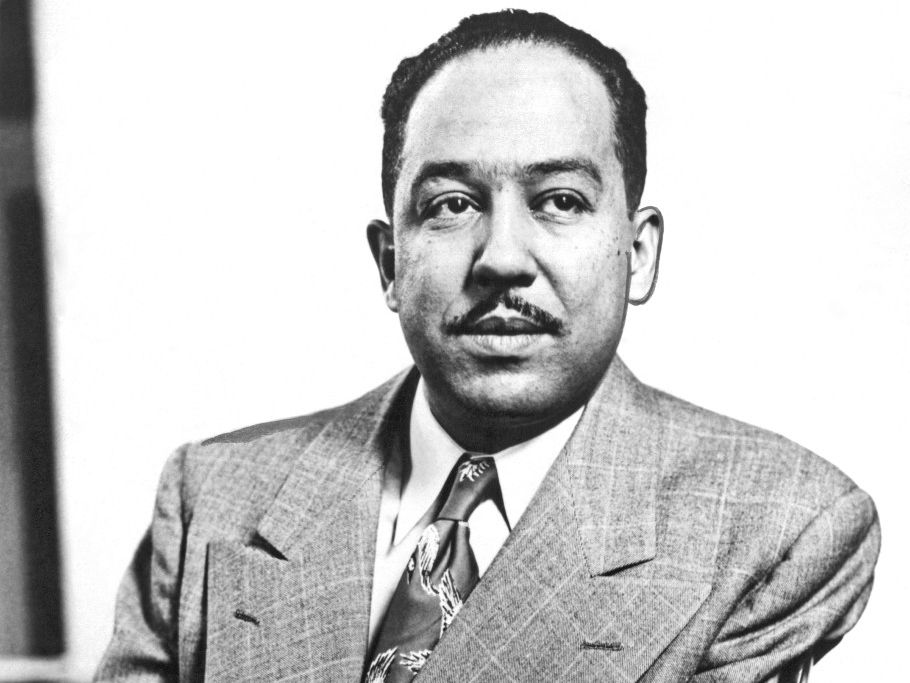Langston Hughes, born on this day in 1901, was an American author, radical dissident, and luminary of the Harlem Renaissance.
Hughes moved from Joplin, Missouri to New York City as a young man, where he began his career as an author and became one of the earliest innovators of the then-new literary art form called "jazz poetry".
Hughes was a communist sympathizer - his poetry was frequently published in the Communist Party (CPUSA) newspaper and he was involved in initiatives supported by Communist organizations, such as the drive to free the Scottsboro Boys, a group of black teens falsely accused of rape. During the Spanish Civil War, Hughes traveled there as a correspondent for the Baltimore Afro-American and supported the anti-fascist forces.
After being subjected to a secret government interrogation and subsequent televised Senate hearing, led by virulent anti-communist Joseph McCarthy, Hughes distanced himself from radical politics. Biographer Laurie Leach notes that, when selecting works for his Selected Poems (1959), Hughes excluded all his radical socialist verse from the 1930s.
When asked why he never joined the Communist Party, Hughes responded "[My not joining the Communist Party] was based on strict discipline and the acceptance of directives that I, as a writer, did not wish to accept."
"What happens to a dream deferred?
Does it dry up
Like a raisin in the sun?
Or fester like a sore—
And then run?
Does it stink like rotten meat?
Or crust and sugar over—
like a syrupy sweet?
Maybe it just sags
like a heavy load.
Or does it explode?"
- Langston Hughes, "Harlem"
